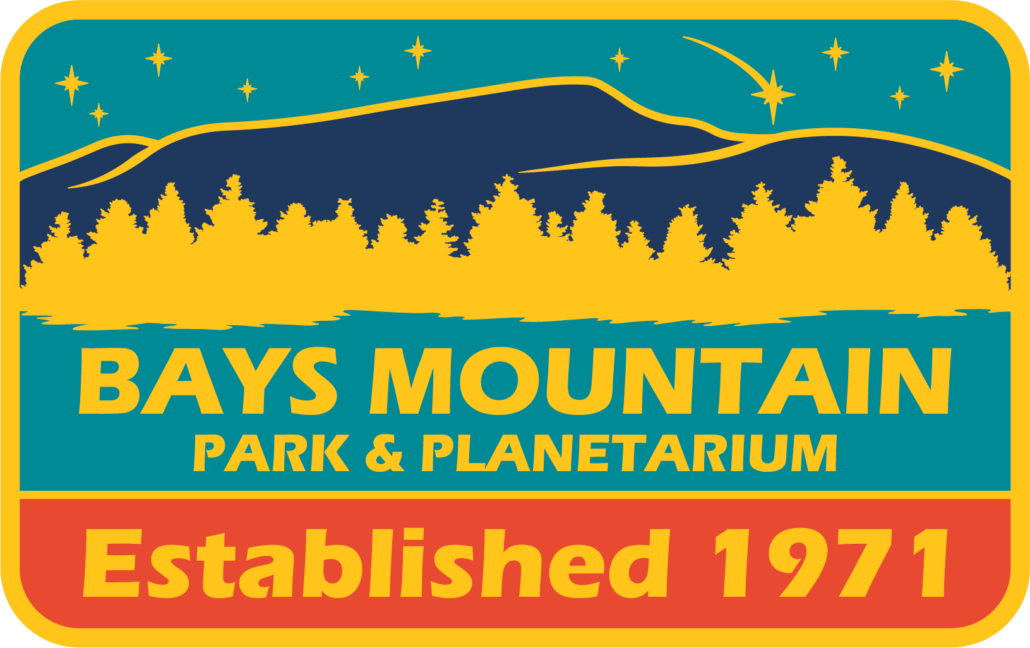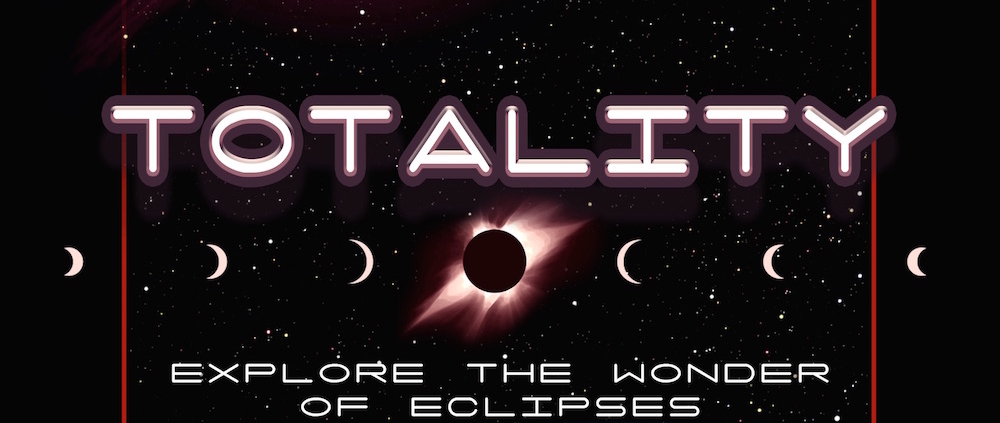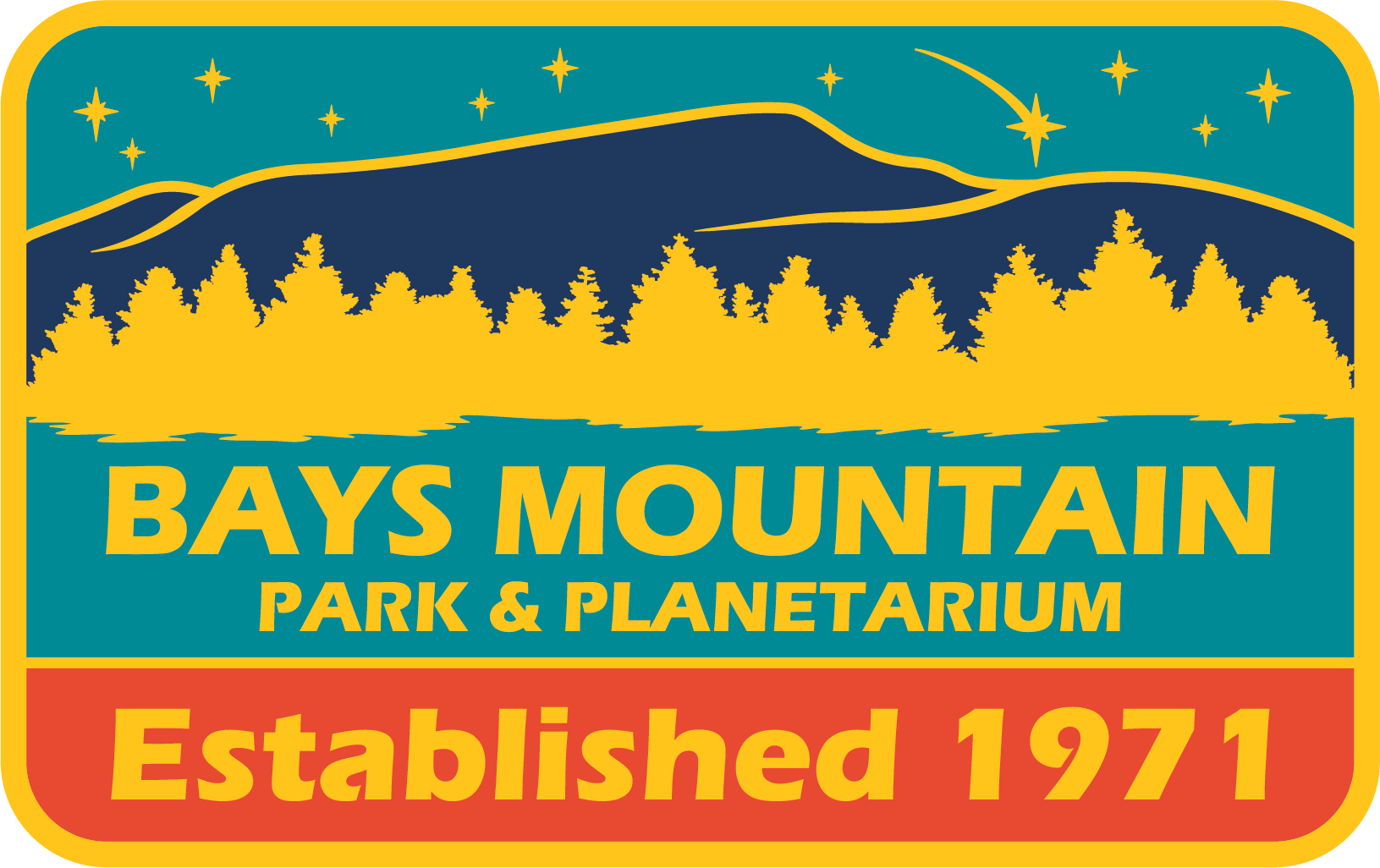Popular planetarium show returns to Bays Mountain Park
Bays Mountain Park is pleased to bring back a popular planetarium show for the new year.
“Totality” is now showing as the main planetarium program through April 7. The show will take place Tuesday through Friday at 4 p.m. and on Saturdays and Sundays at 12 p.m. and 4 p.m.
The 35-minute show is followed by a live tour of the night sky using the planetarium’s optical star projector.
“Totality” is a fascinating look at the wonders of eclipses, especially total solar eclipses. An eclipse is described simply as when one celestial object blocks another from our view.
Produced by Bays Mountain Planetarium staff, the program examines what eclipses are, how and when they occur, and what wonderful sights they create. The program also looks back to a fascinating period in scientific discovery when general relativity was proven with the photographic recording of a total solar eclipse.
The production includes a variety of styles, from spectacular space environments to humorous pop-up books. One part of the show illustrates what happens when you are caught in the shadow of the Moon and the Sun is plunged into a total solar eclipse.
“Totality is a unique program in that it recreates what it would look, feel and sound like if you were in nature and a total eclipse occurred,” said Planetarium Director Adam Thanz. “It’s a real treat for the whole family.”
The alternate planetarium feature showing Saturdays and Sunday at 2 p.m. through April 7 will be “Appalachian Skies.”
“Appalachian Skies” takes visitors on a majestic tour of the current evening sky using the Zeiss optical star projector instrument. This live presentation is enhanced with additional content from our VELVET LED projectors for a wonderful, immersive experience.
Due to the live nature of the program, and the natural progression of the changing night sky throughout the seasons, each presentation will be unique. Learn what fascinating mythological constellations, from Ancient Greece and other cultures, will be easily visible. Find out what planets are easily seen as well. Visitors will take this knowledge home and be able to locate these celestial sights for themselves.







